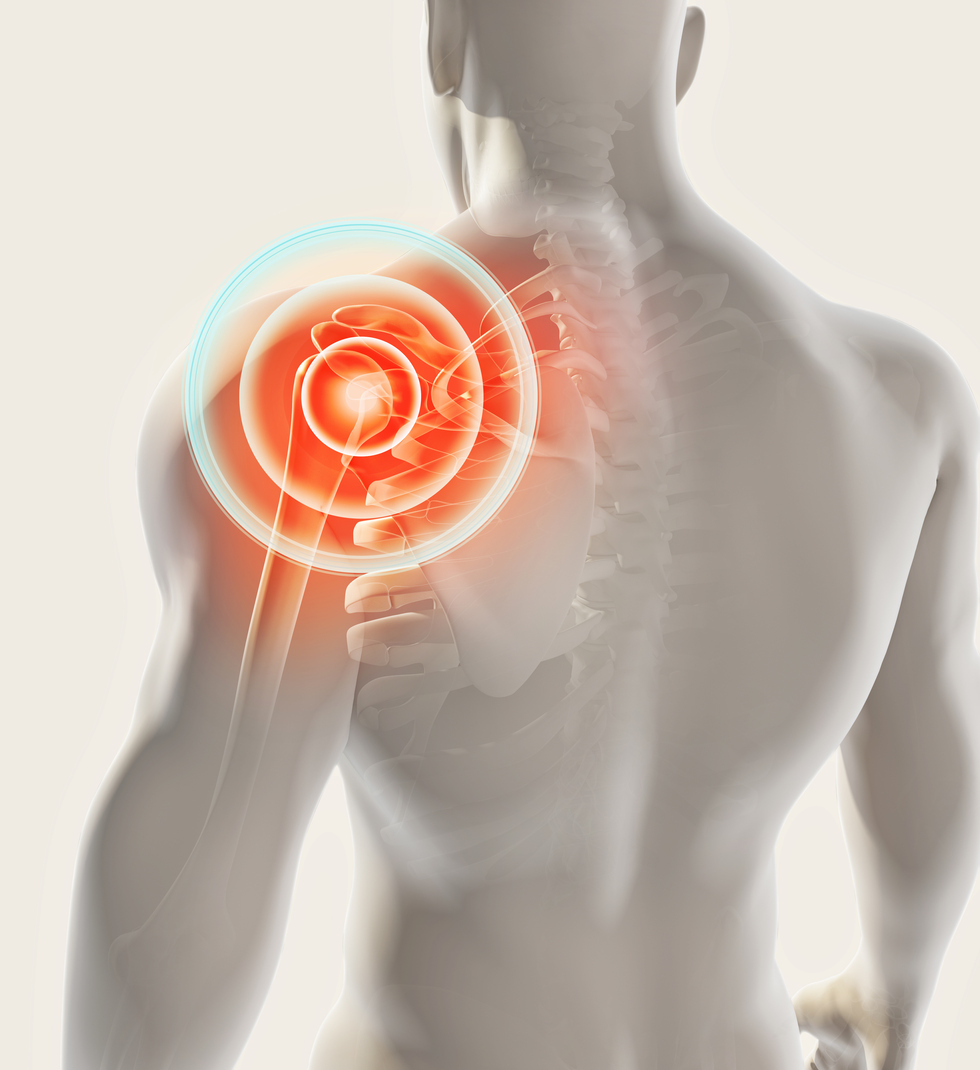Pain
Alternative and Complementary Treatments for Thoracic Outlet Syndrome

What is thoracic outlet system (TOS)?
Thoracic outlet syndrome (TOS) is a condition in which the nerves and/or blood vessels in the thoracic outlet become compressed, irritated or injured. The thoracic outlet is a narrow space located between the collarbone and the first rib. The nerves and blood vessels that move down the arm, and the muscles from the neck to the shoulder, run through the thoracic outlet.
Alternative treatments for thoracic outlet syndrome
In addition to conventional treatments and at-home treatments for thoracic outlet syndrome, alternative treatments can also reduce symptoms of TOS. Treatments include acupuncture, cupping, chuna, and herbal medicine.
Acupuncture
Acupuncture is a traditional Chinese medicine treatment used to reduce pain by inserting fine, thin needles into the skin at specific points of the body. It is described as a method to balance the flow of energy (chi or qi) via pathways through the body.
Cupping
Cupping is also a type of traditional Chinese medicine that involves placing special cups on the skin to create suction, which increases blood flow. The goal is to reduce inflammation and promote healing. The inside of the cup is heated prior to placing on the skin. As the cup cools, the skin is drawn inside the cup. This allows the blood vessels in the area to expand. The cup is typically left in place for about five minutes.
Chuna
Chuna is a manual therapy treatment that originated from Korea. It is intended to create a balance in the orthopedic structure and function. After a medical history is gathered and a functional anatomical assessment to check the body’s alignment is performed, different exercises are prescribed. This stimulates the meridian system (chi or qi) and corrects any displacement present in the bone and joint structures.
Herbal medicine
Shakuyaku-kanzo-to is a herb used in traditional Japanese Kampo medicine to treat muscle cramps and abdominal pain. There have been reports of successful use of this herbal medicine to treat TOS. Individuals should speak with their health care provider before considering this as a treatment option.

















